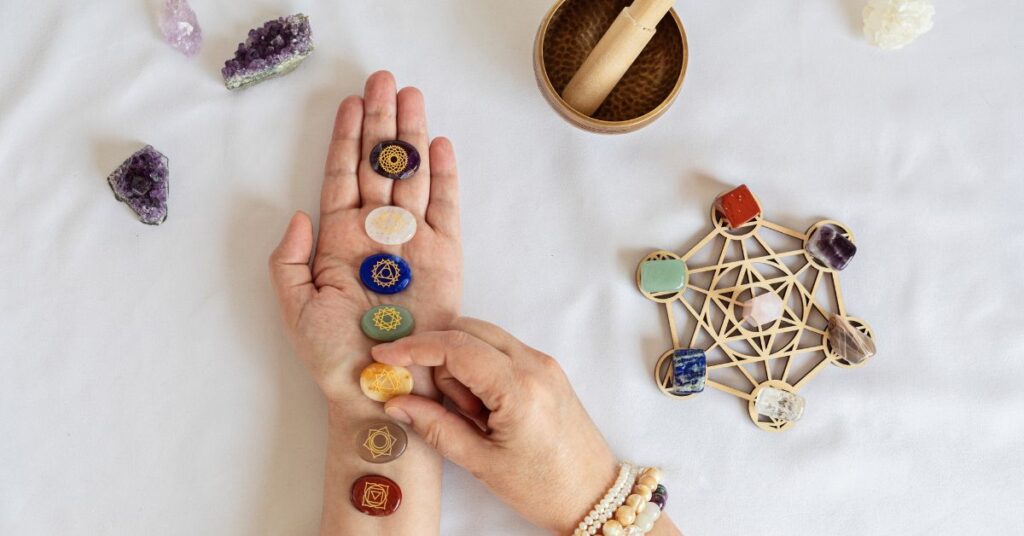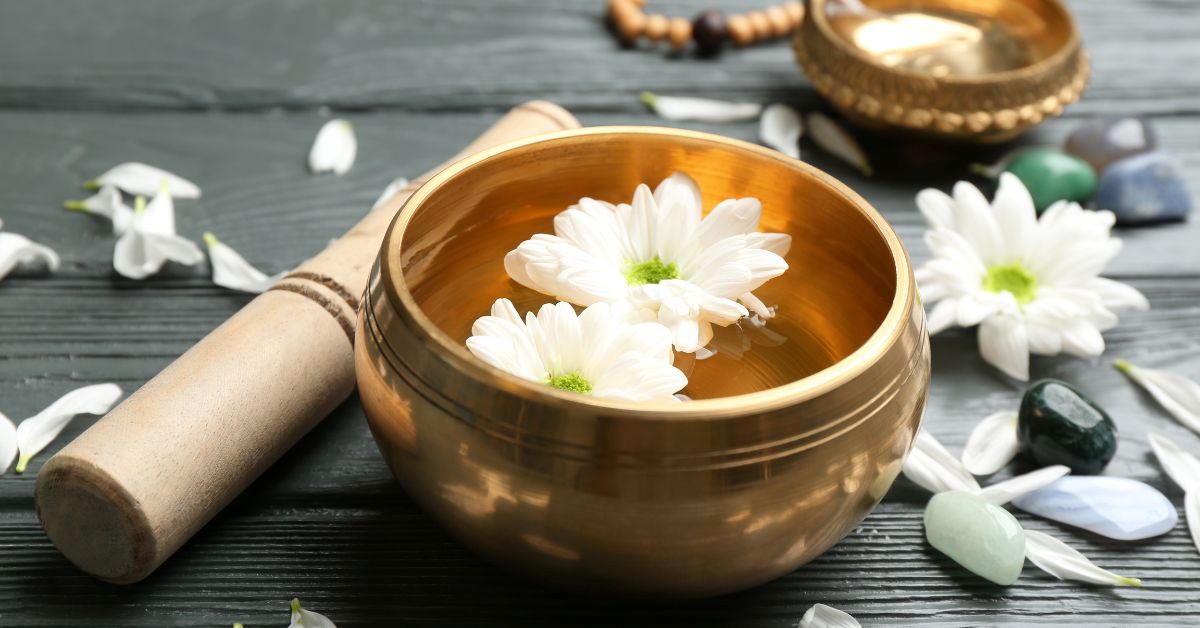Introduction
Are you seeking a harmonious balance between your mind, body, and spirit? Holistic healing techniques offer a transformative path to inner peace. In this comprehensive guide, we delve into the world of holistic healing, exploring various methods and answering ten frequently asked questions. Join us on a journey towards a more balanced and tranquil you, as we unlock the secrets of holistic healing techniques.
Holistic Healing Techniques: Unlocking Inner Peace

Holistic healing techniques encompass a wide array of practices that focus on healing the whole person—mind, body, and spirit. By recognizing the interconnectedness of these aspects, holistic healing strives to create harmony and balance. Let’s explore the power of holistic healing and its potential to bring inner peace into your life.
Benefits of Holistic Healing Techniques

Enhanced Well-being: Holistic healing techniques promote overall well-being by addressing the root causes of physical and emotional imbalances.
Stress Reduction: These practices help manage and reduce stress, leading to a more peaceful state of mind.
Improved Physical Health: Holistic healing can alleviate physical ailments and promote healing by addressing the body’s natural abilities.
Emotional Healing: Emotional healing techniques, such as mindfulness and meditation, aid in emotional release and healing.
Spiritual Connection: Many holistic practices facilitate a deeper connection with one’s spiritual self, providing a sense of purpose and inner peace.
Methods of Holistic Healing

There are various holistic healing methods to explore:
Acupuncture: In this time-honored Chinese tradition, fine needles are gently placed at precise points on the body to harmonize the flow of energy.
Yoga and Meditation: These practices promote mental and physical relaxation, enhancing inner peace.
Herbal Medicine: Herbal remedies are used to treat a wide range of physical and emotional ailments.
Reiki: A form of energy healing that promotes balance and relaxation through the laying on of hands.
Nutritional Therapy: Focuses on using food as medicine to nourish and heal the body.
Aromatherapy: Utilizes essential oils to enhance emotional and physical well-being.
Crystal Healing: The use of crystals to balance and align energy centers in the body.
Sound Healing: It incorporates the utilization of sound frequencies to foster relaxation and facilitate the healing process.
Chiropractic Care: It emphasizes the well-being of your spine and how it influences your overall health.
Holistic Counseling: Addresses emotional and mental health through talk therapy.
FAQs: Holistic Healing Techniques
Q1. What is the core principle of holistic healing techniques?
A1. The core principle is treating the whole person, addressing physical, emotional, and spiritual aspects simultaneously.
Q2. Are holistic healing techniques backed by scientific evidence?
A2. Many holistic practices have gained scientific support, with research showcasing their benefits.
Q3. Can anyone practice holistic healing techniques?
A3. Yes, anyone can explore and benefit from holistic healing techniques regardless of age or background.
Q4. How long does it take to experience the benefits of holistic healing?
A4. The timeline varies, but some individuals report immediate improvements, while others experience gradual changes over time.
Q5. Are holistic healing techniques complementary to traditional medicine?
A5. Yes, they can complement conventional medical treatments and enhance overall well-being.
Q6. Is meditation an essential part of holistic healing?
A6. While meditation is a common practice, holistic healing offers a range of methods to choose from to suit individual preferences.
Q7. Are there any potential side effects of holistic healing techniques?
A7. Holistic practices are generally safe; however, it’s essential to consult with a qualified practitioner and inform them of any existing medical conditions.
Q8. How do I find a qualified holistic healer or practitioner?
A8. Seek recommendations from trusted sources, check credentials, and read reviews to find a reputable practitioner.
Q9. Can holistic healing help with chronic illnesses?
A9. Holistic healing can complement conventional treatments and provide relief from symptoms associated with chronic illnesses.
Q10. What role does spirituality play in holistic healing?
A10. Spirituality is a personal aspect of holistic healing, and individuals can choose whether to incorporate it into their practice.
READ: Mind-Body Connection: A Path to Self-Discovery
Incorporating holistic healing techniques into your life can lead to profound transformations, helping you achieve inner peace and balance. Whether you’re seeking relief from stress, physical ailments, or simply a deeper connection with yourself, the holistic approach offers a diverse range of methods to explore. Embrace the power of holistic healing, and embark on a journey toward a more harmonious and peaceful existence.
